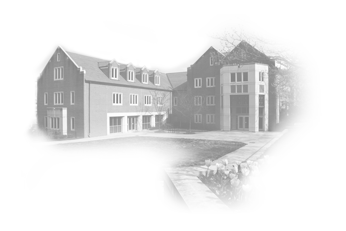Project Profile
AsyncIS
Asynchronous Iterative Solvers for Extreme-scale Computing
The Asynchronous Iterative Solvers for Extreme-Scale Computing (AsyncIS) project aims to explore more efficient numerical algorithms by decreasing their overhead. AsyncIS does this by replacing the outer Krylov subspace solver with an asynchronous optimized Schwarz method, thereby removing the global synchronization and bulk synchronous operations typically used in numerical codes.
AsyncIS, a DOE-funded collaboration between Georgia Tech, UTK, Temple University, and SNL, also focuses on the development and optimization of asynchronous preconditioners (i.e., preconditioners that are generated and/or applied in an asynchronous fashion). The novel preconditioning algorithms that provide fine-grained parallelism enable preconditioned Krylov solvers to run efficiently on large-scale distributed systems and many-core accelerators like GPUs.
In Collaboration With
- Georgia Tech University
- Sandia National Laboratories
Sponsored by
- The United States Department of Energy



